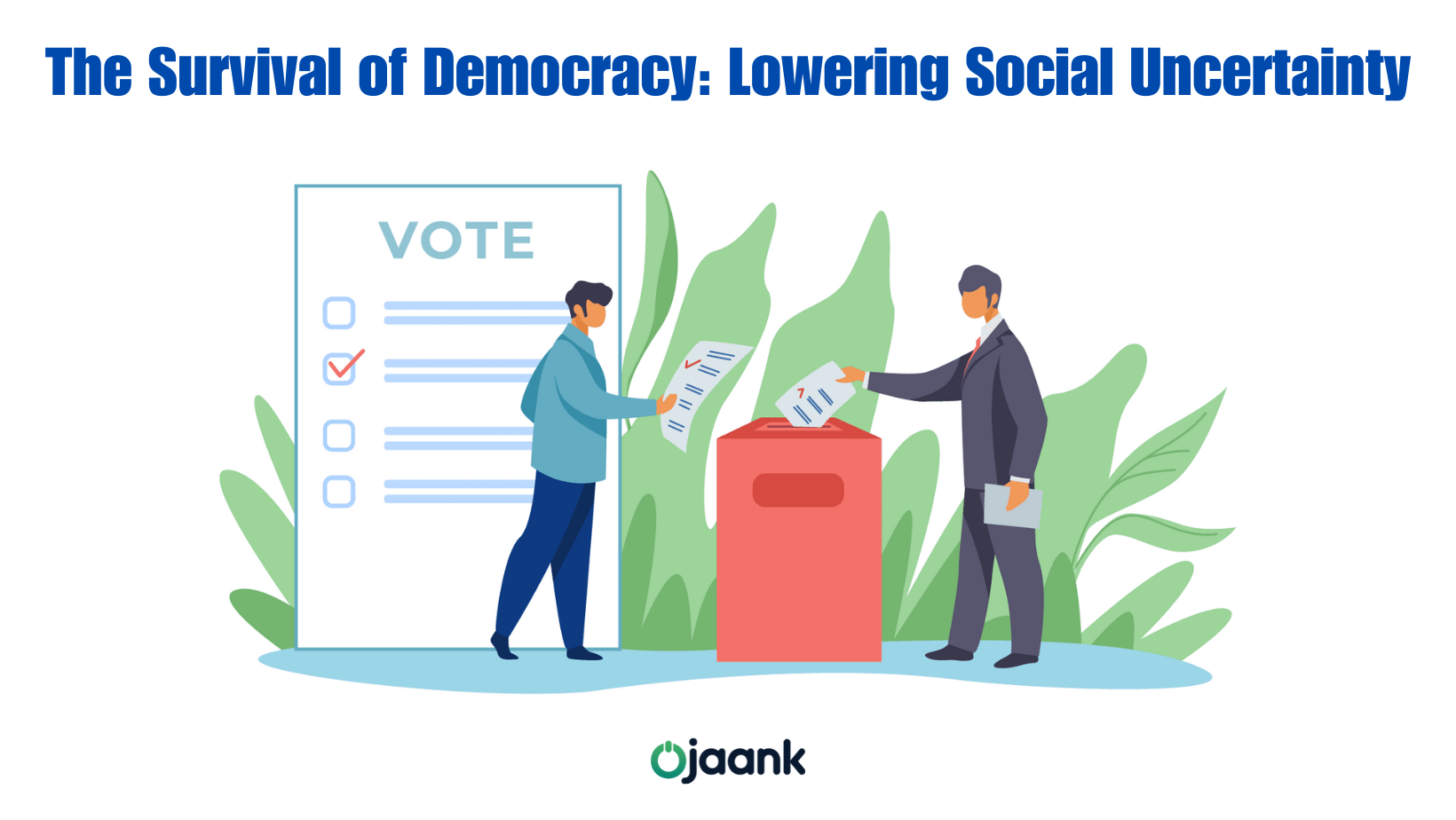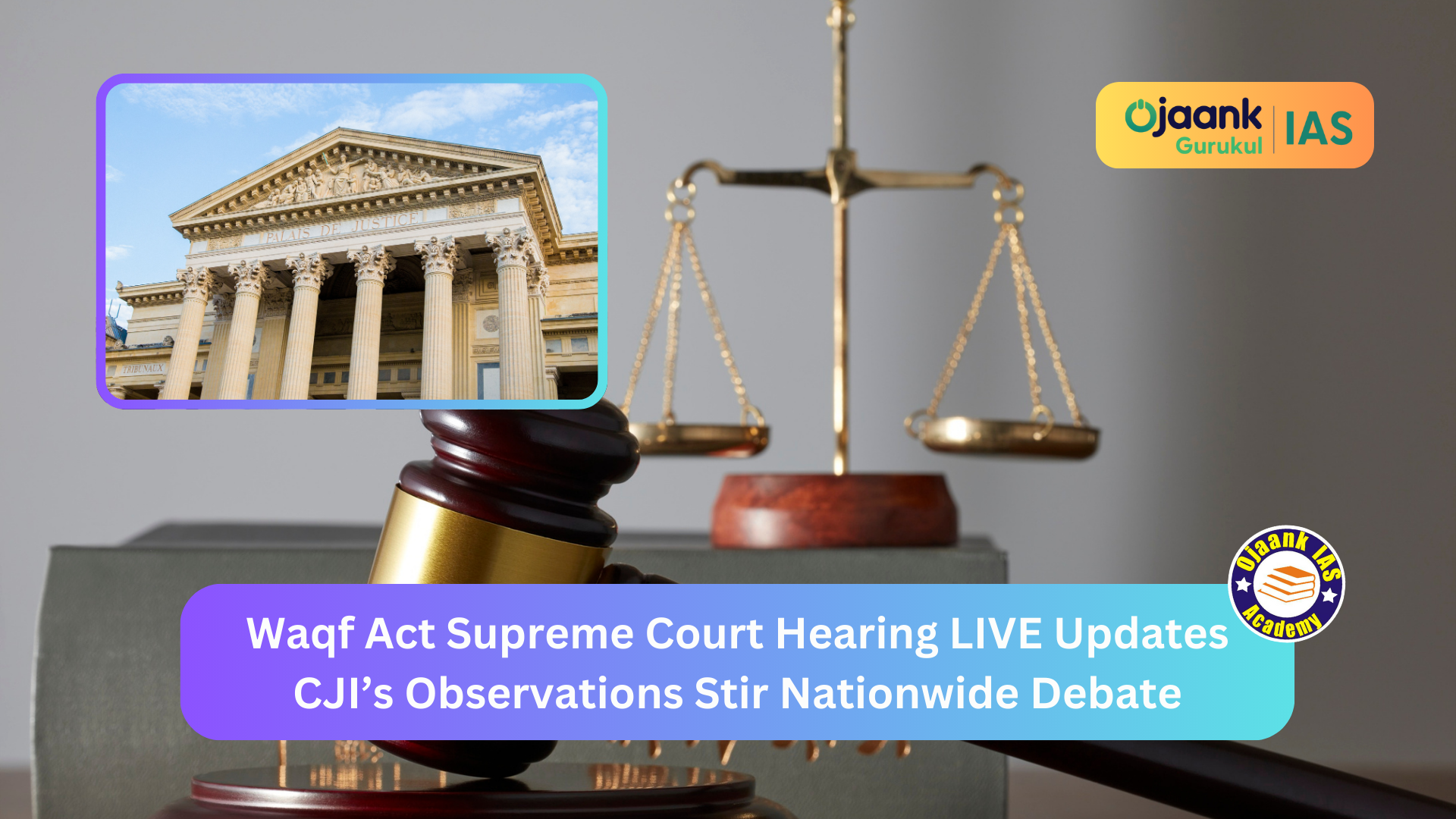The Survival of Democracy: Lowering Social Uncertainty

Democracy, often considered the epitome of political systems, is built on the principles of freedom, equality, and the power of the people. It has stood the test of time, weathering various challenges throughout history. However, in today's complex and rapidly changing world, the survival of democracy hinges on its ability to lower social uncertainty. Social uncertainty, arising from factors such as economic disparities, political polarization, misinformation, and social fragmentation, threatens the stability and functionality of democratic institutions. To ensure its continued success, democracy must address these issues and create an environment where citizens feel secure, informed, and engaged.
One of the significant sources of social uncertainty is economic disparities. Democracy depends on the premise of equal representation and opportunity for all citizens. When economic inequality widens, a sense of injustice and disenfranchisement can permeate society. The gap between the rich and the poor can lead to a loss of trust in democratic institutions, as people perceive that their voices are drowned out by the influence of the wealthy elite.
To lower social uncertainty, democracies must prioritize economic policies that promote fairness and inclusivity. This can be achieved through progressive taxation, social safety nets, and policies that encourage wealth redistribution. When citizens feel that economic opportunities are within their reach, they are more likely to participate in the democratic process and have faith in its outcomes.
Another critical factor in the survival of democracy is the alarming rise of political polarization. In a highly polarized society, citizens become more ideologically divided, making it difficult to find common ground and compromise. This extreme polarization can lead to gridlock in government and the erosion of trust in democratic institutions.
To lower social uncertainty, democracies must foster a sense of unity and dialogue among their citizens. This can be achieved through educational initiatives that promote critical thinking, media literacy, and open discussions on diverse viewpoints. Moreover, political leaders must prioritize bipartisanship and cooperation over partisanship, demonstrating to the public that democratic institutions can effectively address their concerns.
In the digital age, misinformation and disinformation pose a significant threat to democracy. False or misleading information can spread rapidly through social media and other online platforms, influencing public opinion and decision-making. When citizens are exposed to a barrage of false information, it becomes increasingly challenging to make informed choices and trust in democratic processes.
To lower social uncertainty, democracies must invest in media literacy programs and fact-checking initiatives. Furthermore, social media platforms and tech companies must take responsibility for curbing the spread of misinformation on their platforms through algorithmic transparency and content moderation. A well-informed citizenry is essential for a healthy democracy, and efforts to combat misinformation are crucial to achieving this goal.
Social fragmentation, where individuals become isolated from one another, weakens the social fabric upon which democracy relies. In an era of digital communication, face-to-face interactions and community bonds have eroded, leading to a sense of disconnection among citizens. When people feel disconnected from their communities, they are less likely to engage in civic activities and become politically apathetic.
To lower social uncertainty, democracies must invest in community-building initiatives that foster social cohesion and a sense of belonging. This includes supporting local organizations, encouraging volunteering, and creating opportunities for citizens to engage with one another in meaningful ways. Strong communities provide a foundation for democratic participation and help reduce social uncertainty.
Civic education plays a pivotal role in lowering social uncertainty. When citizens are well-informed about their rights, responsibilities, and the functioning of democratic institutions, they are more likely to engage actively in the political process. However, many democracies have neglected civic education in recent years, contributing to a lack of understanding about the importance of democracy and the mechanisms that sustain it.
To lower social uncertainty, democracies must prioritize civic education from an early age. This includes teaching students about the history of democracy, the principles upon which it is built, and the importance of civic participation. Additionally, efforts should be made to engage adults in ongoing civic education to ensure that citizens have the knowledge and skills necessary to navigate the complexities of the modern world.
The survival of democracy is contingent on its ability to lower social uncertainty. Economic disparities, political polarization, misinformation, and social fragmentation all pose significant challenges to the stability and functionality of democratic institutions. To address these challenges, democracies must prioritize economic policies that promote fairness, foster unity and dialogue among citizens, combat misinformation, build strong communities, and invest in civic education.
Democracy remains a powerful and resilient form of governance, but it is not immune to the threats posed by social uncertainty. By addressing these challenges head-on and creating an environment where citizens feel secure, informed, and engaged, democracies can continue to thrive and fulfill their promise of freedom, equality, and the power of the people. The survival of democracy depends on our collective commitment to these ideals and the ongoing effort to strengthen the foundations of our democratic societies.
Copyright 2022 power by Ojaank Ias




